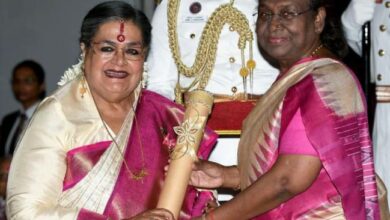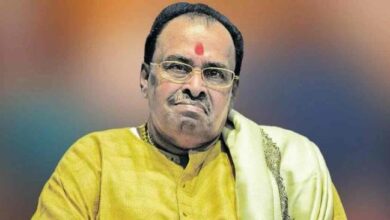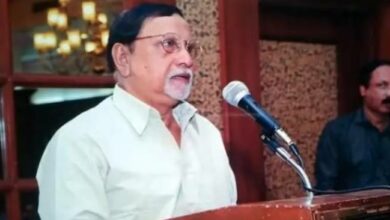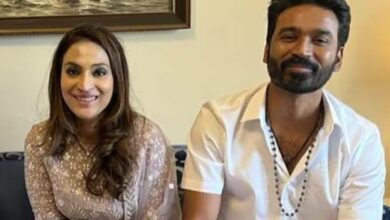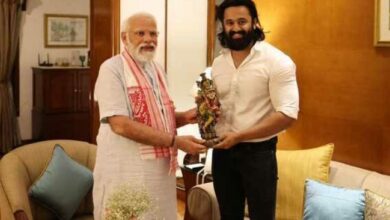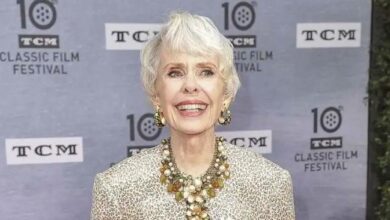On 21st Anniversary of his 1st film KKHH Karan Johar take a dig at the characters
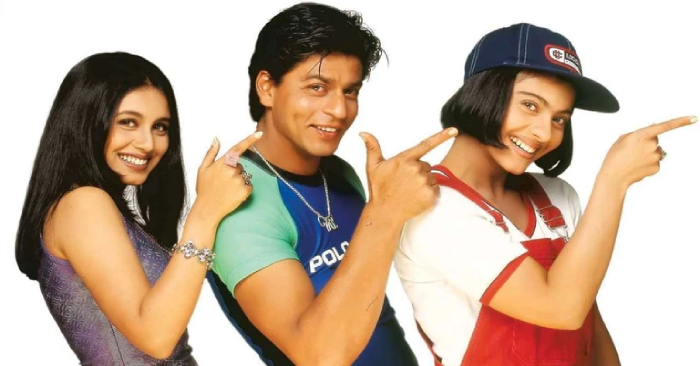
Director Karan Johar has offered an honest dissection of his debut film, Kuch Kuch Hota Hai, which turned 21 earlier this week. The romantic drama, starring Shah Rukh Khan, Kajol and Rani Mukerji as main characters. It was released in 1998 to phenomenal success.
But Karan said, “Rahul doesn’t stand for very much. He’s a deeply confused character, doesn’t know what he wants and, really, didn’t do a lot much in the movie. Whatever happened to him was because there were people pushing him – his dead wife’s spirit, his eight-year-old daughter, and Anjali herself. What made him endearing was his charm, his large heart and Shah Rukh’s personal charisma.”
The filmmaker added, “There was no logic or backstory to the characters. You don’t know what Shah Rukh, or anyone else, does for a living in the movie. And the eight letters – one for each birthday – made no sense, either.”
Talking about a scene in particular, in which Rahul taunts Anjali before her wedding, Karan said, “That’s not how I’d written the scene. In my original draft, Anjali tears into Rahul and calls him out. She says he doesn’t know how to stand up for himself. I threw out the scene because I thought it would cause a disservice to my leading man.”
But Karan said that if he were to make the film today, he’d have retained the scene, “Today, I’d keep it. Because now I understand, it’s what would make them more human. More real.”
As for fixes, Karan said, “I’d give him a spine and more EQ [emotional quotient]. I’d also introduce more confrontation. Rahul, today, would be able to have an open conversation with Anjali. He’ll know that she likes him and he’d address that with her. If Tina were to die, he’d come to terms with his feelings for Anjali and go back to her, not sit moping.”
Karan, who wrote the film when he was 24 with no formal training or experience in filmmaking, said that his sensibilities have changed over time. He said, “But my sensibilities changed because I surrounded myself with newer and younger energies. I became more democratic and began practising an open-door policy; that helped me understand where I was going wrong and act on it. I also became more comfortable in my own skin and stopped comparing myself and my work with others.”

